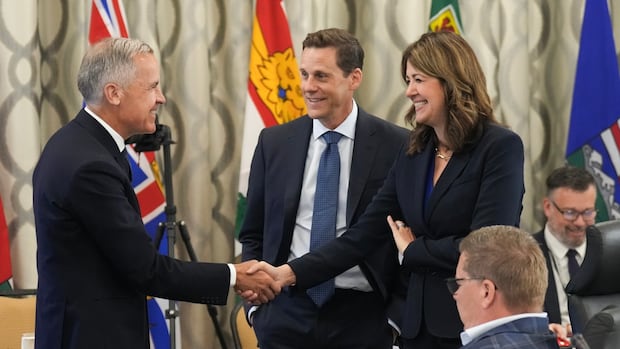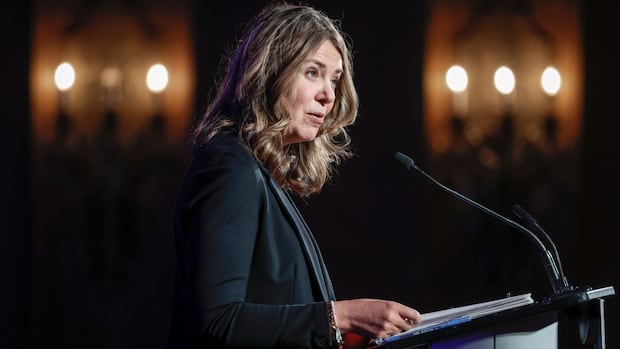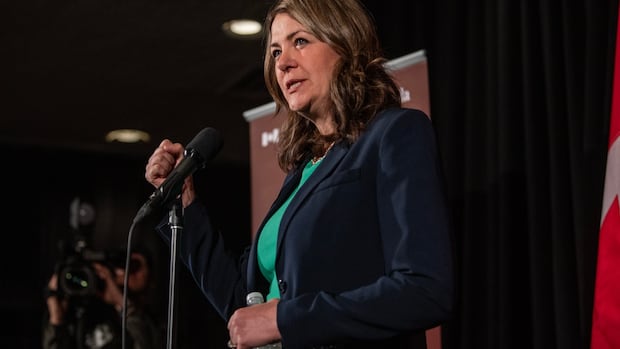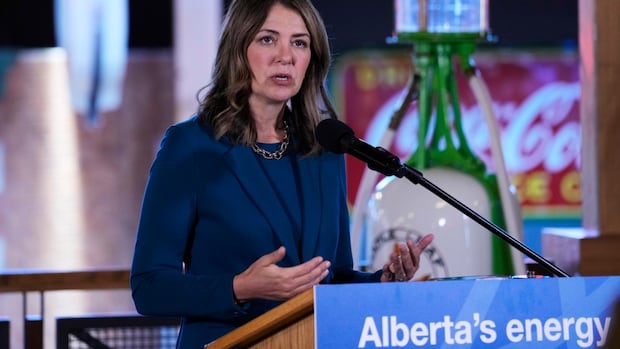Saskatchewan Premier Backs Alberta's West Coast Pipeline Proposal
Premier Scott Moe of Saskatchewan has voiced his strong support for Alberta's ambitious proposal to construct a new oil pipeline to the northwest coast of British Columbia. He emphasized that decisions regarding such significant projects should rest with the federal government and not be subject to veto by other parties.
Moe's Stance on Coastal Access and Economic Diversification
Moe asserted that "There is no B.C. coast. It's Canada's coast. There are no B.C. ports. There are Canada's ports," directly addressing concerns raised by B.C. Premier David Eby and Indigenous groups regarding the potential impacts of the pipeline. He believes that this project is crucial for Canada's efforts to diversify its economy away from the United States.
Alberta's Pipeline Plan: Details and Timeline
Alberta Premier Danielle Smith announced that her province will apply to the federal Major Projects Office for a new pipeline that would transport bitumen from Alberta to the northwest coast of British Columbia. Alberta plans to invest $14 million into the proposal and lead a "technical advisory group" composed of pipeline companies like Enbridge, South Bow, and Trans Mountain. The province intends to ultimately find private sector investment to construct the pipeline, with the application expected to be submitted in spring 2026. A specific route is yet to be determined.
Reactions and Opposition from British Columbia
The proposal has triggered a mixed reaction across the country. Premier Eby criticized the plan as "vague" and excessively dependent on government funding. He stated, "Premier Smith continues to advance a project that is entirely taxpayer-funded, has no private sector proponent, is not a real project, and is incredibly alarming to British Columbians, including First Nations along the coast, whose support is required."
Federal Conservative Leader Pierre Poilievre has voiced his support, stating the federal government should "get out of the way" and allow private investors to build the pipeline. However, several Indigenous leaders in B.C. have expressed strong opposition, including Marilyn Slett, president of the Coastal First Nations-Great Bear Initiative and the elected chief of the Heiltsuk Tribal Council, who stated her community would never support lifting the moratorium on oil tankers along the northern B.C. coast.
"This is not something that we would ever support. There is no project [for which] … we would ever support the lifting of that moratorium," - Marilyn Slett, president of the Coastal First Nations-Great Bear Initiative and the elected chief of the Heiltsuk Tribal Council.
The Union of B.C. Indian Chiefs has also issued a statement arguing the pipeline would be "a direct assault on the inherent and constitutionally protected title and rights of the First Nations who steward these lands and waters," according to Grand Chief Stewart Phillip.
Consultation and Other Projects
Premier Moe acknowledged the "duty to consult" with Indigenous groups, emphasizing the potential for mutual benefits. He reiterated that no groups or political leaders from B.C. should have a veto over the project.
The discussion of this pipeline proposal came amidst discussions about other nation-building projects, including Saskatchewan's McIlvenna Bay Foran Copper Mine Project, which is nearing completion and is scheduled to begin operation in 2026. This project currently employs 800 individuals and is expected to provide 450 full-time jobs. Moe also highlighted a "port-to-port" pipeline corridor connecting Prince Rupert in B.C. with Churchill, Manitoba, as a potential project of interest.
 Visit the website
Visit the website







